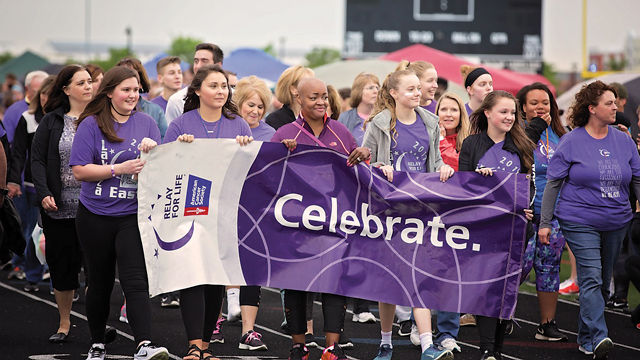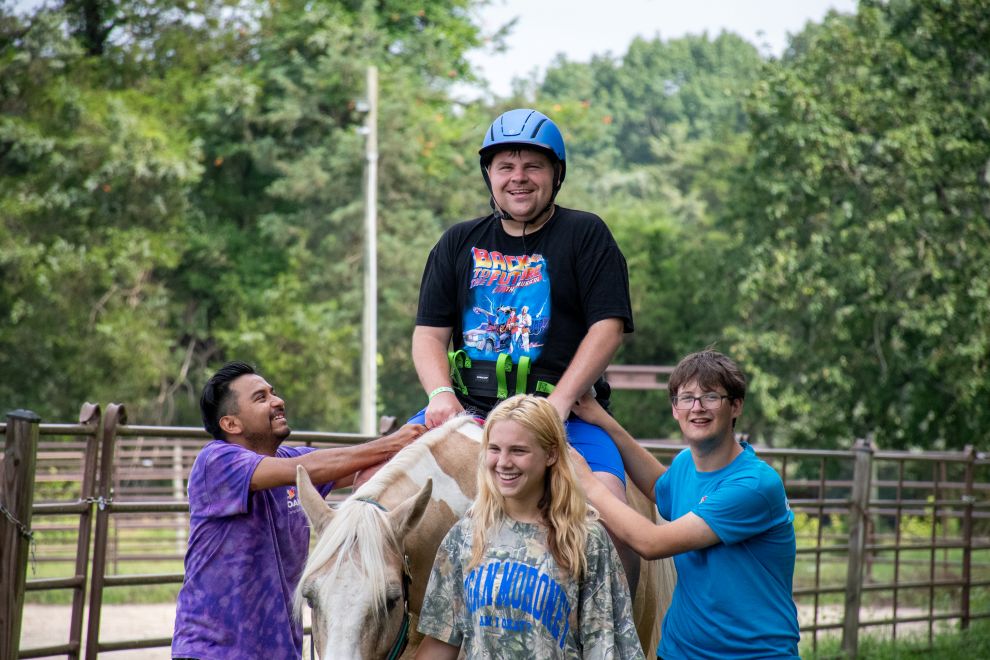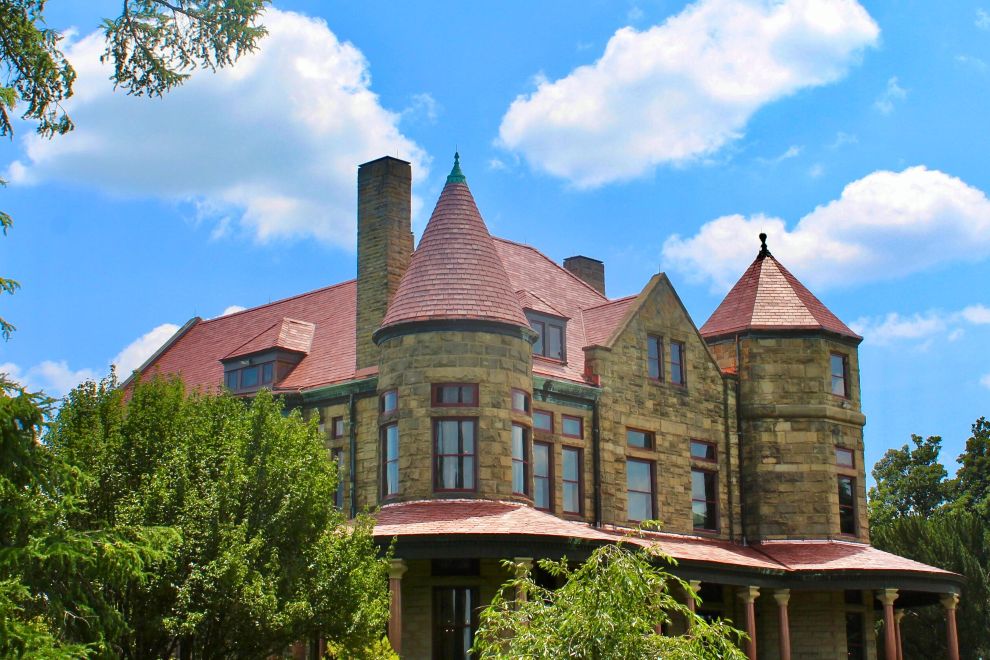 Sign up to participate in Making Strides of Richmond, Sunday, October 18, to help save lives lost to breast cancer. Go here.
Sign up to participate in Making Strides of Richmond, Sunday, October 18, to help save lives lost to breast cancer. Go here.
Road To Recovery supports local cancer patients who need a ride to their appointments. For more information on how you can volunteer as a driver for the Road To Recovery program, visit cancer.org/drive.
Relay For Life is a community-based fundraising event for the American Cancer Society that brings people together to remember loved ones lost, honor survivors of all cancers, and raise money to help the American Cancer Society make a global impact on cancer. For more information, visit relayforlife.org/RVA, and watch the RFM Facebook page for ways to join the RFM Relay For Life Team.
Attacking Cancer from Every Angle
The fight against cancer has changed dramatically since the American Cancer Society was founded more than one hundred years ago by a group of doctors in New York.
In 1913, the ACS’s field army sought to educate people about the disease and help reduce the stigma associated with a cancer diagnosis. Today, the organization focuses on four main areas: advocacy, research, access to care, and education.
Last year, the ACS announced that the cancer mortality rate had fallen 26 percent over the past two decades, resulting in almost 2.4 million fewer deaths. This decrease in mortality can largely be contributed to reduced smoking and advances in prevention, early detection, and treatment. All have been major focus areas of the ACS mission for more than a quarter century.
Founded in 2001, the Cancer Action Network – the ACS’s nonpartisan sister organization – works to make cancer a national, state, and local public health policy priority. Currently, 18 million people nationwide are benefiting from expanded access to health insurance, including Virginia’s Medicaid expansion that was signed into law in 2018. This expansion allows for more than 400,000 low-income Virginians to have access to healthcare coverage which includes cancer screenings and treatment.
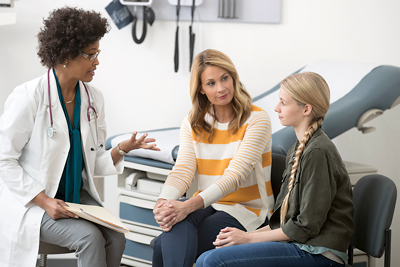
Since 1946, the ACS has funded research and training of health professionals to address the causes, prevention, and early detection of cancer, as well as new treatments, cancer survivorship, and end-of-life support for patients and their families. In those seventy-two years, the ACS’s outside research grant program has devoted more than $4.8 billion to cancer research and has funded forty-seven Nobel Prize winners.
In Virginia, the ACS has invested $7.3 million at local institutions like Virginia Commonwealth University and the University of Virginia.
Paula Bos, PhD, an ACS-funded researcher at VCU Massey Cancer Center, said, “There are many excellent research proposals that cannot be funded due to lack of money. The dollars going toward research from the American Cancer Society are enormous.” Dr. Bos’s research is focused on finding better methods to treat metastatic breast cancer. Her grant is just one of twelve ACS-funded grants in Virginia.
The ACS mobilizes communities to make sure patients can get the treatment they need, raising awareness and funds through community efforts like Making Strides Against Breast Cancer, Relay For Life, and others.
“The dollars raised through our community events like Relay For Life and Making Strides Against Breast Cancer are crucial,” said Michele Couch, executive director for the ACS. “Local donations fund research and patient services. We couldn’t do it without our volunteers and donors.”
In addition to having access to affordable healthcare and effective treatments, Couch says the ACS has identified two additional challenges that many cancer patients struggle with on their journey: transportation and lodging.
According to Couch, there are cancer patients throughout the region who need rides to treatment every day. Some may not be able to drive themselves, and family and friends are not always available to help. The Road To Recovery program provides rides to patients who have no way to get to their cancer treatments. In 2018, volunteers provided Virginia patients with more than 6,000 rides to treatment appointments.
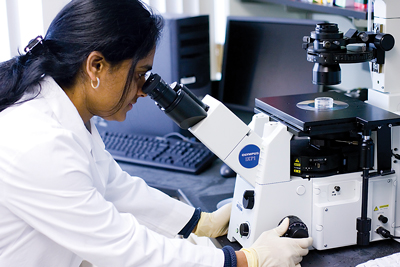
In addition to rides to treatment, many patients and their caregivers must travel long distances to access the best treatment. Through the organization’s Hope Lodges and Hotel Partners programs, cancer patients and their caregivers can stay for free or reduced-cost near their cancer treatment centers.
Throughout its history, education has been at the forefront of the ACS mission, and that commitment to education continues in 2019. Couch explains that everyone can reduce their risk of dying from cancer by following the screening guidelines available at the ACS website: cancer.org.
“So many of us have been touched by this disease. We urge everyone to take steps to combat it – in the personal choices we make and the causes that we choose to support in our communities,” says Couch.
photos: Chris Hamilton (bottom, American Cancer Society)


